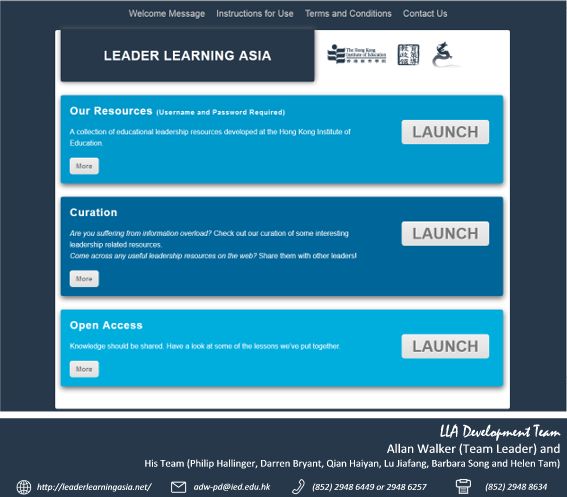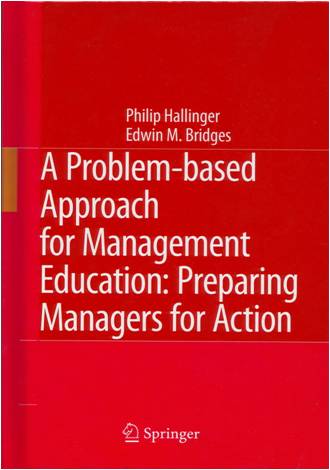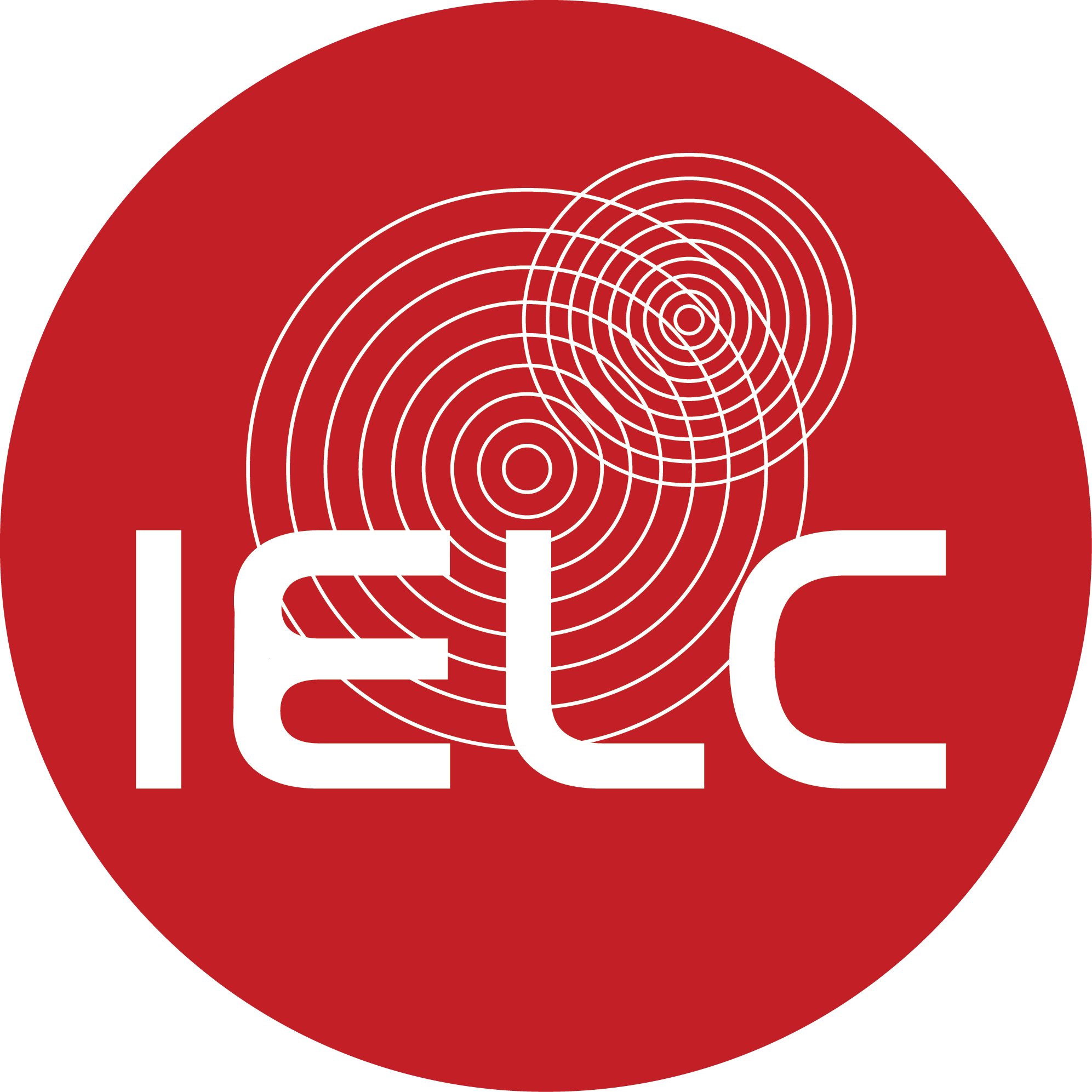Tools |
|
|---|---|
Digital Leadership Resource Bank - Leader Learning Asia (LLA) |
|
Professional learning is no longer limited by time, space or geography.
Leader Learning Asia is designed for people interested in educational leadership. It aims to provide a one-stop platform for professional learning. Learning goes digital - Our Resources On this website you will find a collection of world-class materials in an easily accessible and fully searchable resource bank. Learning through collaboration - Curation With just a few clicks, the Internet gives you whatever you want. But sometimes it can be frustrating when you need to dig out useful information from a long list of search results. The curation section draws together web resources to support professional learning. Learning goes open - Open Access Knowledge should be shared. LLA’s Open Access platform provides a series of lessons on educational leadership in the Asia Pacific region. Acknowledgement The LLA is developed by The Joseph Lau Luen Hung Charitable Trust Asia Pacific Centre for Leadership and Change and The Department of Education Policy and Leadership at The Hong Kong Institute of Education. LLA is part of the project ‘Advancing Online Learning: Aligning Pedagogy, Course Design and ICT’ funded by the Teaching Development Grants, The Education University of Hong Kong. |
 |
Problem-based Leadership Development |
|
Over sixty years ago, Charles Gragg, one of the originators of case teaching at the Harvard Business School, stated: “Education in the professions should prepare students for action.”As teachers of management, we have long shared Gragg’s value concerning the importance of this purpose of education. Indeed, our initial interest in problem-based learning (henceforth referred to in this volume as ‘PBL’) during the 1980s resulted from our own search for approaches to teaching and learning that met this criterion for education in the professions. Our subsequent experience using PBL management education programs in North America, Australia and Asia reinforces our belief in its efficacy as an approach that prepares ‘managers for action." PBL -- problem-based learning -- is an innovative learning-centered approach to leadership development. Unlike the case method which focuses primarily on developing analytical skills, PBL provides equal emphasis to learning skills in application of knowledge. This website offers useful tools for learning about the use of PBL in leadership development including:
|
 |
Simulations |
|
Making change happen is an interactive computer simulation designed to teach key lessons on leading organizational change. The simulation comes in several versions including a focus on change in schools as well as in private sector organisations. The simulation has also been adapted extensively for use in Asian organisations based on research on change in Asian companies.
The simulation places the learners (the simulation is typically played in teams) in the role of a project management team charged with implementing new IT systems in a company. The school version focuses on implementing new learning technology. The team has a budget to spend on activities designed to inform, interest, enable and support the staff in learning to use the new technology in the organization. Progress is made in the use of the new IT by 24 staff members through the stages of change. The simulation is played over a three-year period of time at which point the effectiveness of the team's strategy is evaluated based on a combination of the number of "routine users" of the new IT and increases in productivity. The simulation is problem-based -- the problem is presented first and the learners engage in attempting to solve it. Through the simulation experience, key lessons about leadership, change management, resistance, and change strategy are illustrated. Embedded in the simulation are a variety of change theories and models such as Roger's Adopter Types, Kotter's 8 stages, and Hall's CBAM approach. However, these theories are only highlighted by the instructor after the simulation has been played. The simulations are designed to be used first in an instructional setting. They are not intended as stand-alone products. |
 |
Improving School Success is designed to place a knowledge base of information on factors that contribute to effective school learning at the fingertips of school leaders. based on an extensive review of research, this problem-based simulation places the school leader in the position of a principal or school leadership team seeking to improve learning and teaching. The learner has a budget to spend on an improvement strategy that draws from 50 different research-based interventions aimed at improving student achievement in the school. Underlying the action-oriented approach to school improvement is a theory of organisational change. The learners must not only draw apply research-based interventions, but also do so in a way that is validated by empirical studies of change and school improvement. |
 |

